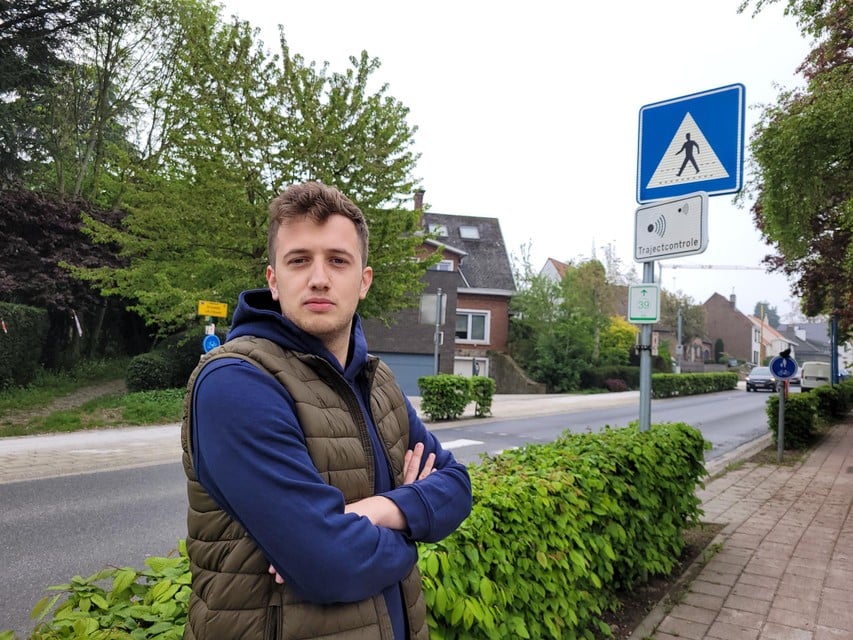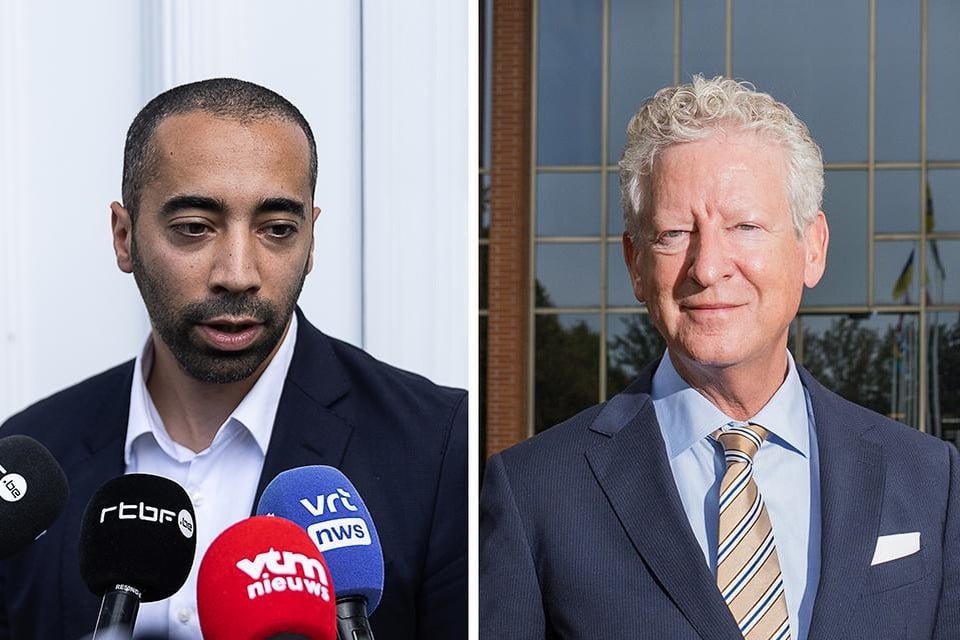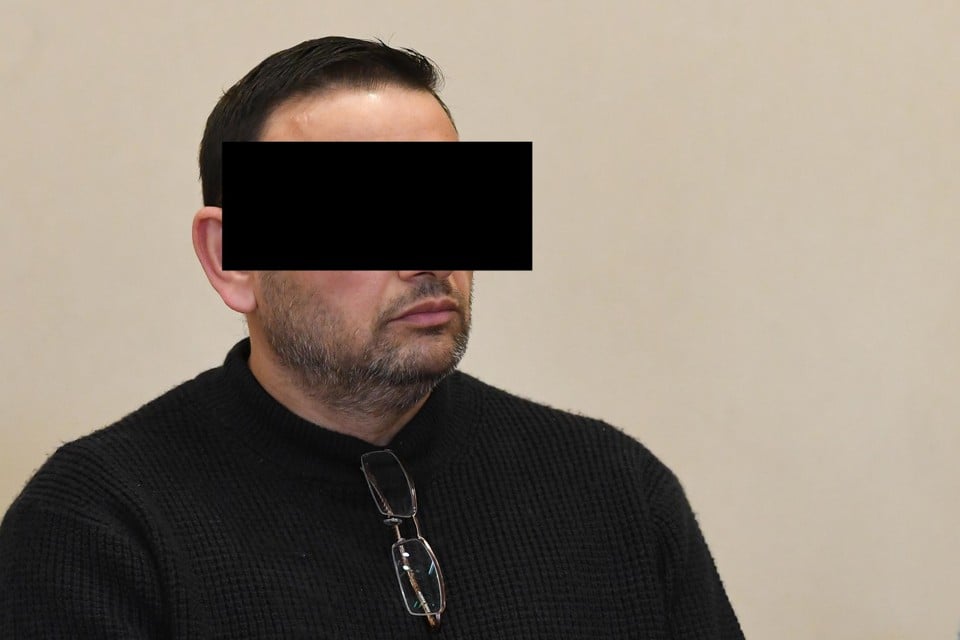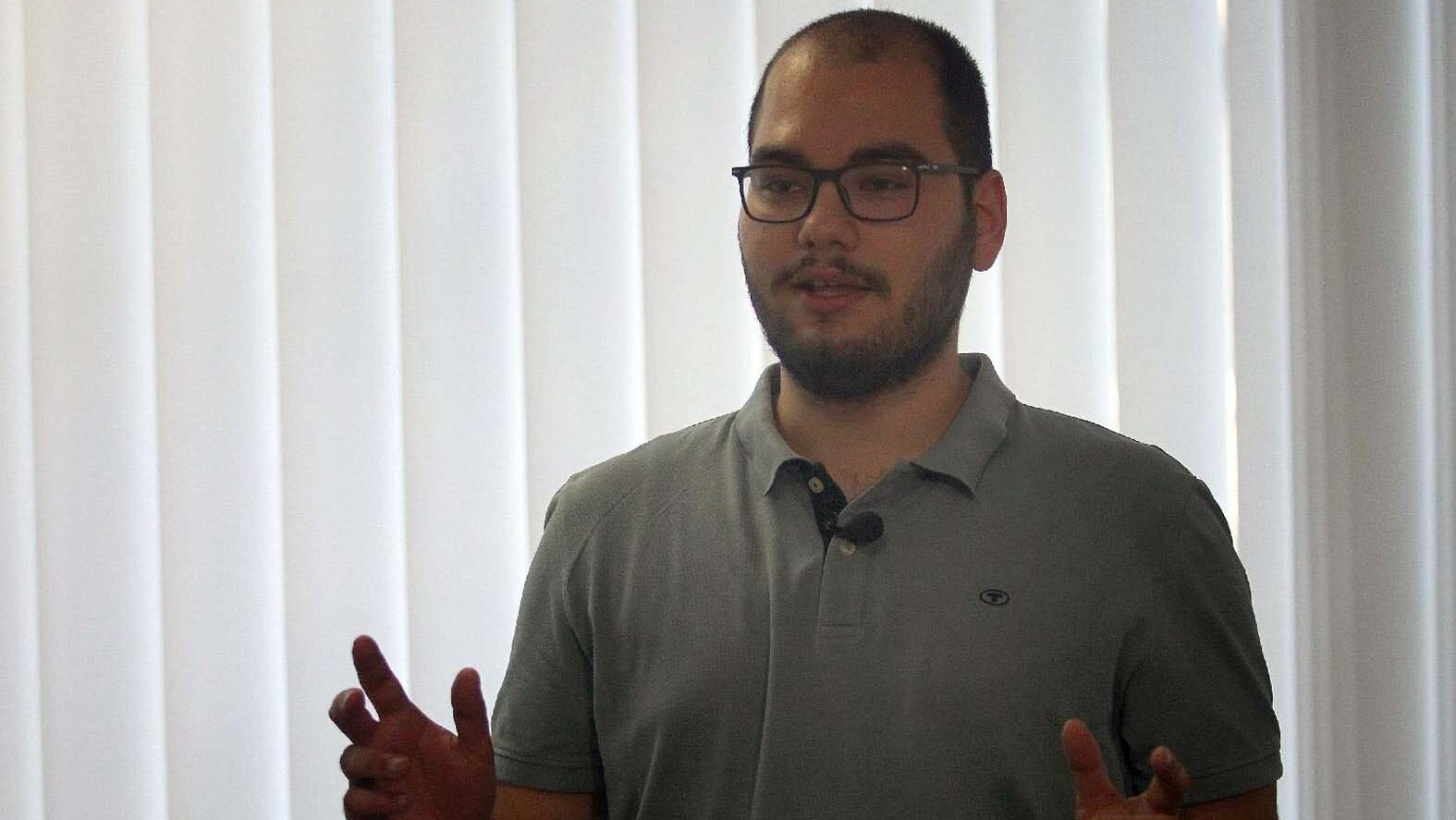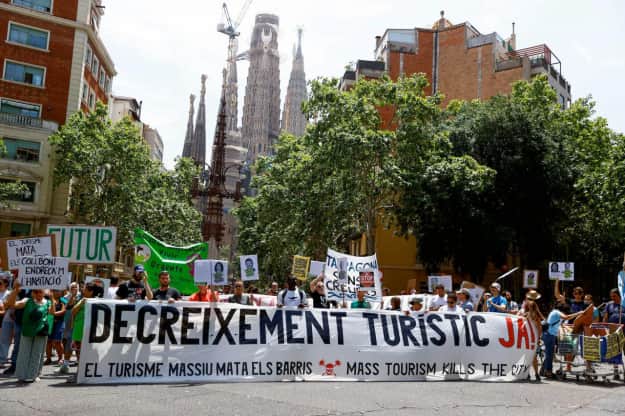Privacy watchdog Ten War against few thoughtful route controls: « Municipalities have to look at alternatives first » (Grimbergen)
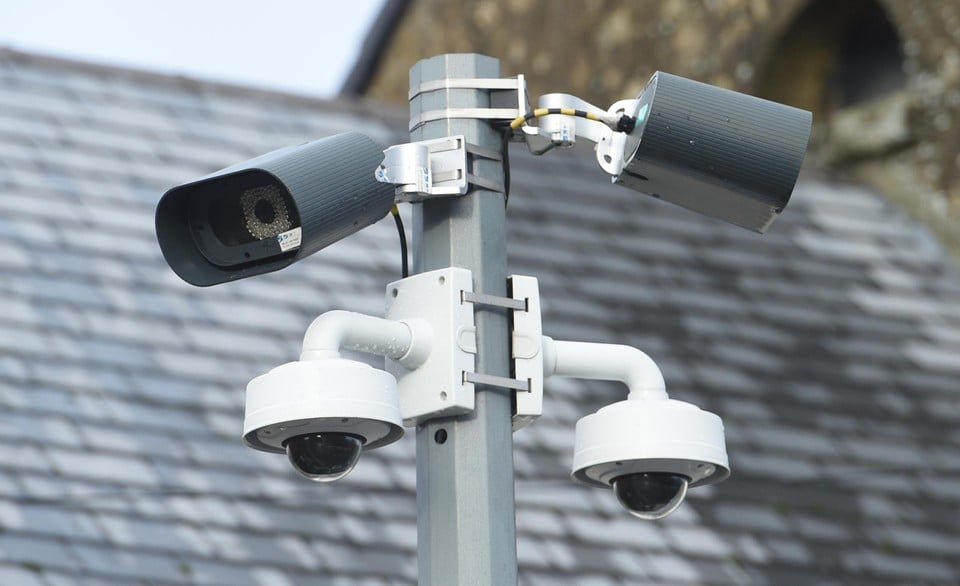
A few months ago, the Flemish Brabant municipality of Grimbergen decided, in the context of a new mobility plan, to roll out so-called trajectory controls in a dozen streets. Those camera systems check via ANPR cameras-who can read number plates-or do not exceed drivers the maximum permitted speed.
« Some residents had questions about this, » says Hans Graux, chairman of the Flemish Supervision Committee for the Processing of Personal Data (VTC). « They received very different answers from the various municipal services about the goal and usefulness of the cameras, also with regard to privacy aspects. After which they filed a complaint with us. »
And the Flemish supervisory committee now agrees with the complainants. « To begin with, the municipality was not enough transparent about the route controls. But what also plays a role is that alternatives have not been looked at at all to increase road safety. Alternatives that are much less ‘invasive’, whereby the privacy of residents is better respected. » Consider, for example, installing road narrowing to reduce the speed.
ANPR cameras read number plates. But that pedestrians and cyclists also come into the picture provides concern for privacy. – © Marc Herremans
According to the VTC, from the motivation of the municipal administration « that road safety was not the real reason » why route controls had to come. For example, the municipal administration hoped for « a stable income flow » via the written speed fines, according to the decision of the privacy watchdog.
Unrecognizable
The VTC then decided that, if the municipality did not make the plan considerably, the route controls could not be used. « Our conditions are the number of ANPR cameras, with which the route controls work, is substantially reduced. And that the municipality is taking measures to ensure that accidental pedestrians and cyclists, who come along on the cameras, are automatically made unrecognizable, » says Graux.
“The municipality must take measures so that casual pedestrians and cyclists, who are included on the cameras, are automatically made unrecognizable”
Hans Graux
Chairman VTC
The municipality of Grimbergen went against that decision to the Council of State, where she wanted to undo the prohibition of the Flemish privacy watchdog in the event of extremely urgent necessity. But caught there. It has now introduced a new procedure to the Council of State in the hope of being right.
Grimbergen warns that the decision of the privacy watchdog « can have an impact on all Flemish route controls » and simply ignores the ban on the use of the route controls in practice. To the dismay of opposition party Open VLD in the city council. « It is hallucinatory for the cameras to continue to work, while the competent authorities officially establish that the Grimbergse Mobility Plan means manifest violations of privacy legislation, » said Open VLD municipal councilor Laurent Vanbinst.
Open VLD municipal councilor Laurent Vanbinst. – © JHW
100,000 euros
« After advice with our counsel, we do not suspend their use, » confirms ships of Mobility Philip Roosen (N-VA). According to Roosen, a few criticisms from the privacy watchdog would have been met, « such as making pedestrians and cyclists unrecognizable on the images of the route controls ». He also denies that alternatives have not been looked at: “The necessary measurements have happened. This showed that trajectory checks via ANPR cameras were the best solution. That the trajectory checks are a revenue model for our municipalities is not correct: after the costs-we pay the system completely ourselves-will remain, for the past seven months, barely 100,000.”
Read too. Half a million more traffic violations last year, increase entirely in Wallonia and Brussels
Roosen has the suspicion that the Flemish privacy watchdog chose Grimbergen as an example file, to reinforce its stricter rules on route controls. At the end of last year, the privacy watchdog of local municipal authorities warned that she was going to judge new route controls more strictly. « Its use is trivialized as normal. While such systems, who register day and night, entail important risks in terms of the rights and freedoms of citizens, » says Hans Groux.
The Flemish Minister for Mobility Annick de Ridder (N-VA) is also not a big fan of the proliferation of route controls. She recently ordered a study that should show whether it is true that some municipal authorities will let the financial proceeds prevail on road safety.

